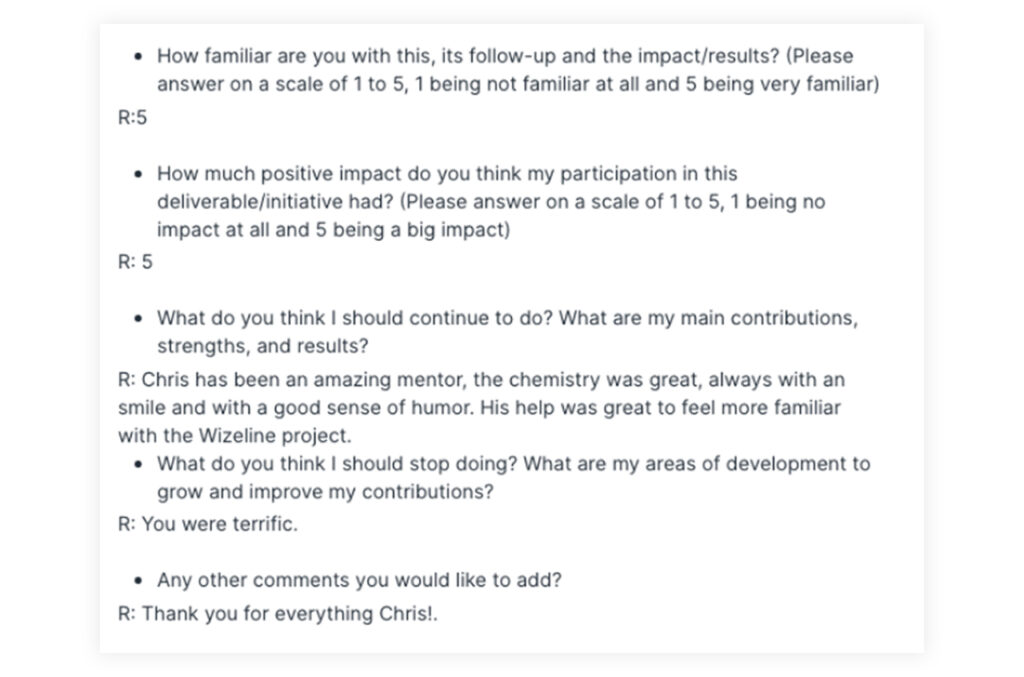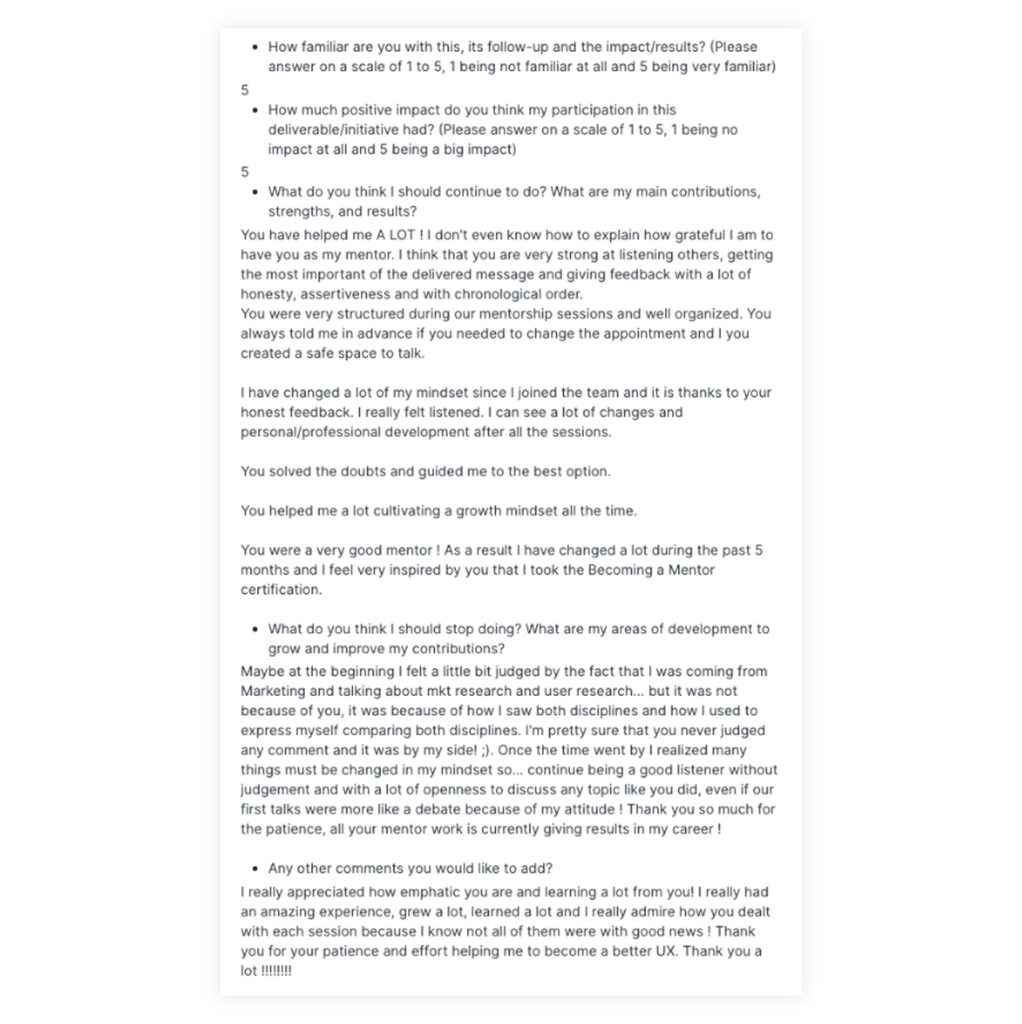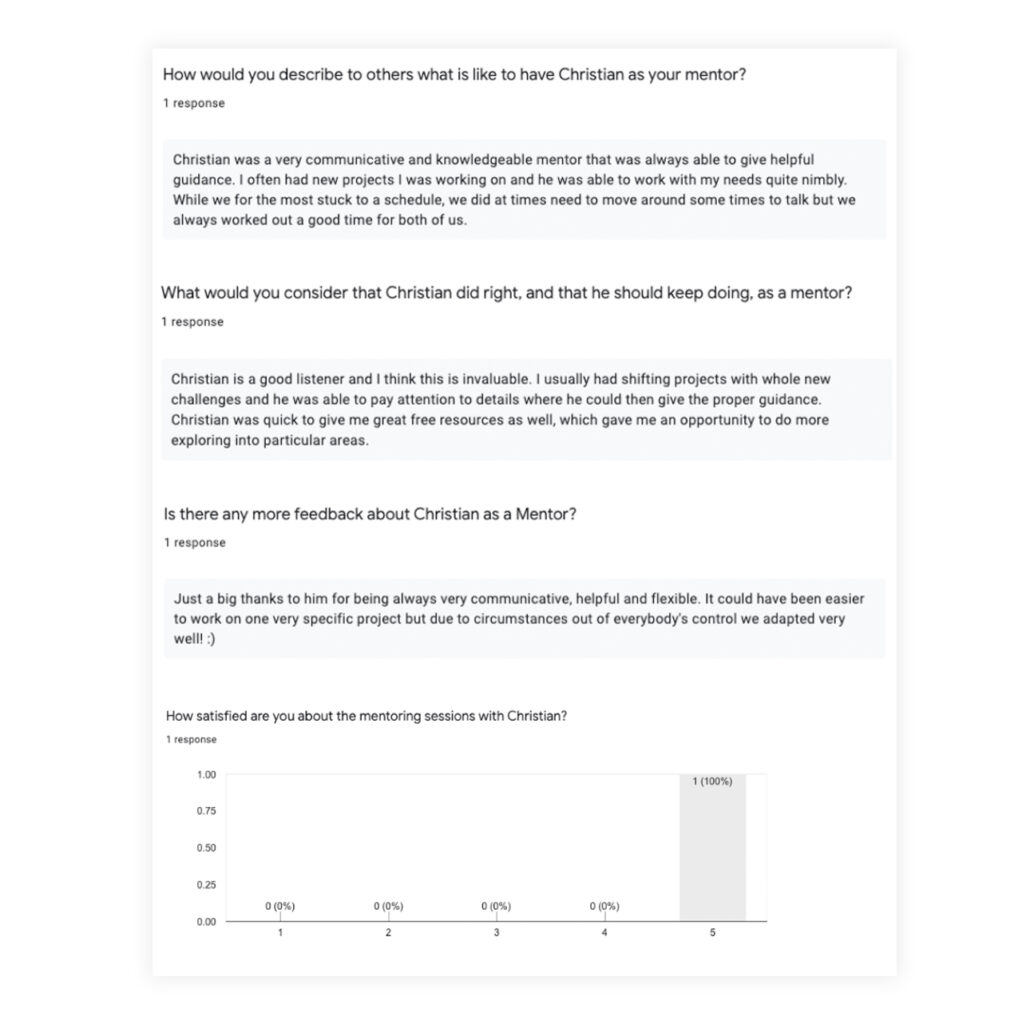Mentorship

As a Lead Designer, mentoring is a responsibility that is part of the role. But is one of the things that I like the most, because all of us were once newcomers and I want to be the lead, mentor and friend that I needed when I was an aspiring designer.
Even before I considered myself a Senior Designer, I always wanted to help other designers by giving them advice about how to reframe challenges in a way that they could get to potential solutions by themselves. Somewhere along the way, my manager noticed this and offered me to be part of. the mentorship program that existed in the company that I was working on at the time.
As part of the mentoring program, I created documentation and rituals that included:
- A Design Mentorship Framework for designers that wanted to become mentors and needed some foundations, experiences and advice from other mentors.
- A Design Mentorship beginner’s guide, for new design mentors that didn’t know how to start
- A Design Mentorship tracker. At one point, I was in charge of the whole mentorship program, so I created an artifact to track mentors, their mentees and the skills that they were working on
- A bi-weekly mentorship sync meeting, which was mostly for mentors who wanted some help or advice from other mentors about specific challenges or topics.
So far I’ve had the honor to be mentor of more than 10 designers, both in the mentorship program and externally. Some of the achievements I’ve had include:
- Being recognized as one of the best mentors in the Design team and in the whole company
- All my mentees that applied for a promotion, were promoted to the next level.
- Three of my mentees decided to apply for new jobs in better roles, and they got hired
- One of my mentees was a product manager who decided to transition into product design. He is currently working as a product designer in his job, and growing into new roles and responsibilities.
- I was in charge of the mentorship program for two years at my company, until there was a reorganization and the program is now part of HR.
And the best achievement that I personally appreciate is that all of my mentees became friends, even if they moved to another city or another country. The feedback that I got from them is that during our mentoring sessions, they felt very comfortable and that they trusted me a lot because I always listened to them, and gave great advice for both professional and sometimes (with their permission), personal challenges that they were facing. Some of them still reach me out for professional advice when they need it.
As I see it, the foundation for a good mentor is trust. I like to listen to people, give them advice and share with them different perspectives, so they can reframe the challenges from a different angle. I don’t give them solutions, but the tools, confidence and the mindset for them to try different things that they think that may work, and then look in retrospective what could be improved for next time.
Here’s some feedback from some of my mentees:



